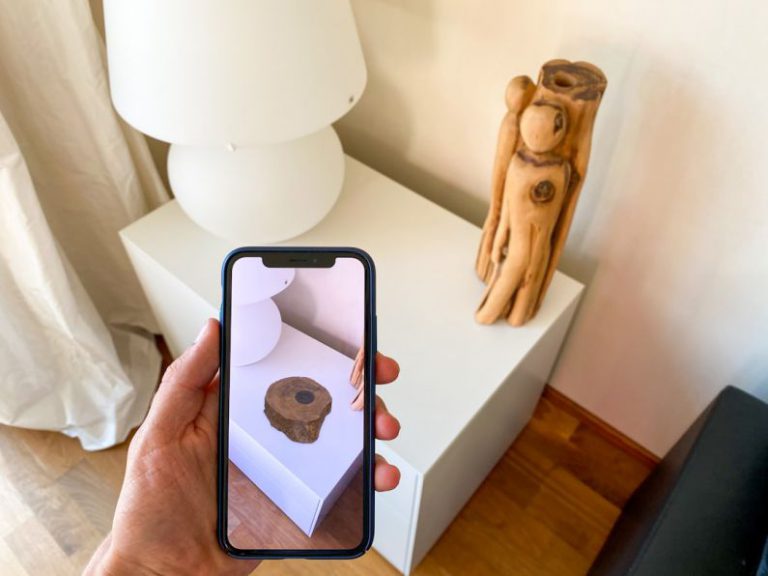Exploring the Potential of Blockchain in Creative Professions
Blockchain technology has been making waves across various industries, revolutionizing the way transactions are conducted and data is stored securely. While commonly associated with cryptocurrencies like Bitcoin, blockchain has the potential to disrupt and innovate creative professions in ways previously unimaginable. From artists to writers, musicians to designers, the implementation of blockchain technology offers a myriad of opportunities for individuals working in creative fields to protect their work, establish ownership, and revolutionize the way they interact with their audience and collaborators.
Enhancing Copyright Protection
One of the most significant advantages of blockchain in creative professions is its ability to enhance copyright protection. By utilizing blockchain, artists can create a transparent and immutable record of their work, establishing a verifiable chain of ownership and provenance. This not only safeguards their intellectual property rights but also provides a secure platform to showcase and monetize their creations without the fear of unauthorized duplication or infringement.
Smart Contracts for Fair Compensation
Smart contracts, self-executing contracts with the terms of the agreement directly written into lines of code, have the potential to revolutionize the way creatives are compensated for their work. Through blockchain technology, artists can automate royalty payments, ensuring fair compensation for each use or sale of their creations. This eliminates the need for intermediaries and minimizes the risk of disputes, allowing creatives to focus on their craft while receiving prompt and transparent payments for their contributions.
Decentralized Collaboration and Crowdsourcing
Blockchain facilitates decentralized collaboration among creatives, enabling artists, writers, musicians, and designers to collaborate on projects without the need for a central authority. By leveraging blockchain-based platforms, individuals from around the world can come together to create innovative works, share resources, and distribute profits equitably based on predefined smart contract terms. This decentralized approach not only fosters creativity and diversity but also opens up new avenues for crowdsourcing, allowing artists to engage directly with their audience and receive feedback in real-time.
Tokenization of Creative Assets
Tokenization, the process of representing real-world assets as digital tokens on a blockchain, offers creative professionals a unique opportunity to fractionalize and monetize their work. By tokenizing their creative assets, artists can create digital certificates of authenticity, enabling collectors and fans to own a piece of their work in a secure and transparent manner. This opens up new revenue streams for creatives, allowing them to sell limited editions, offer exclusive access to content, or even crowdfund new projects by issuing tokens that represent a stake in their creative endeavors.
Transparency and Trust in the Creative Process
Blockchain technology promotes transparency and trust in the creative process by providing a tamper-proof record of every transaction, interaction, and revision made to a piece of work. This immutable ledger ensures that all stakeholders have access to the same information, reducing the risk of miscommunication, disputes, or unauthorized alterations. By fostering a culture of transparency and accountability, blockchain empowers creatives to build stronger relationships with collaborators, clients, and audiences, enhancing the overall integrity and value of their work.
Embracing the Future of Creativity with Blockchain
As blockchain continues to evolve and disrupt traditional industries, creative professionals are presented with a unique opportunity to embrace the future of creativity and innovation. By leveraging blockchain technology, artists, writers, musicians, and designers can protect their intellectual property, streamline their payment processes, collaborate more efficiently, tokenize their assets, and foster trust and transparency in their creative endeavors. As the creative landscape continues to evolve, blockchain is poised to revolutionize the way creatives work, connect, and thrive in a digital world driven by innovation and collaboration.
With its transformative potential and wide-ranging applications, blockchain is set to empower creative professionals to navigate the challenges and opportunities of the digital age, shaping a more equitable, transparent, and secure environment for the future of creativity.






